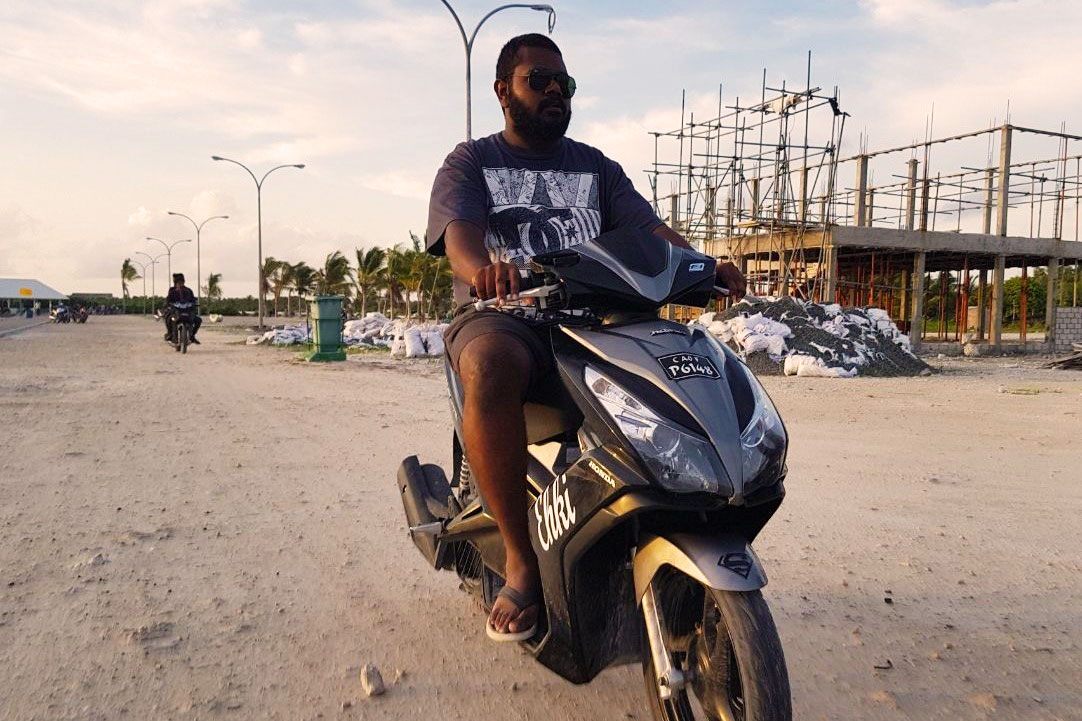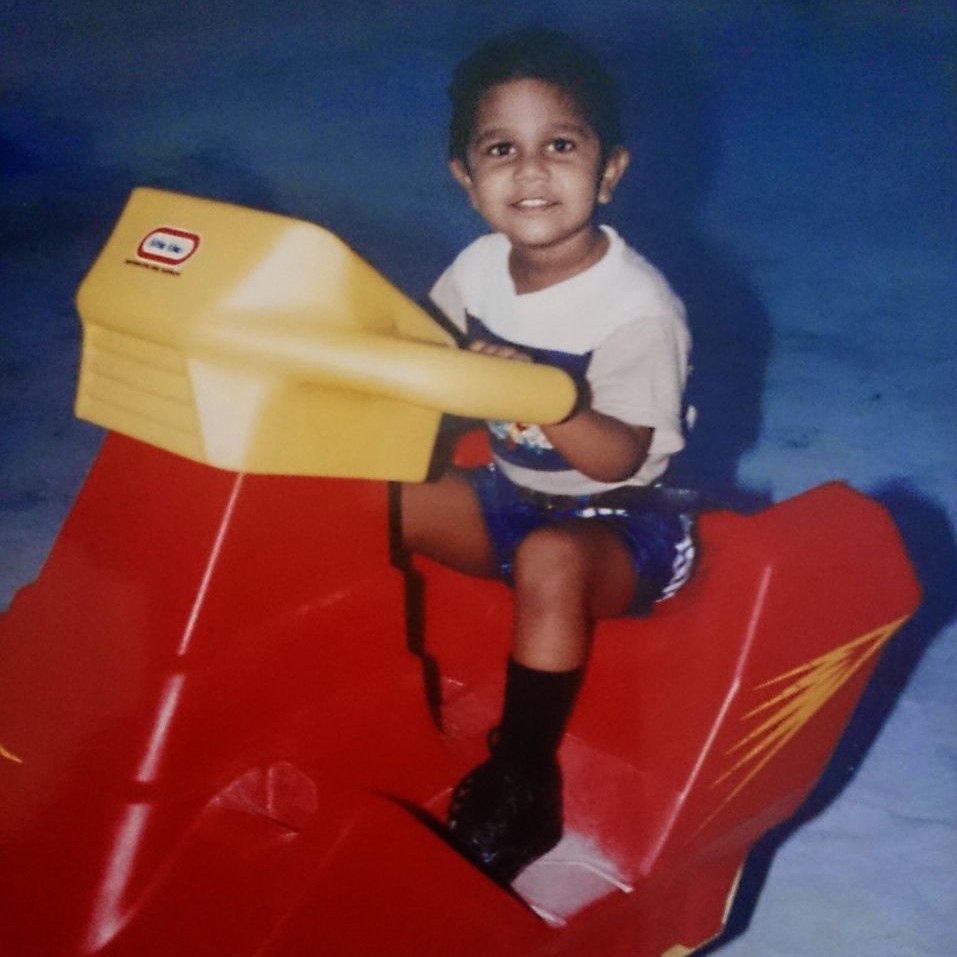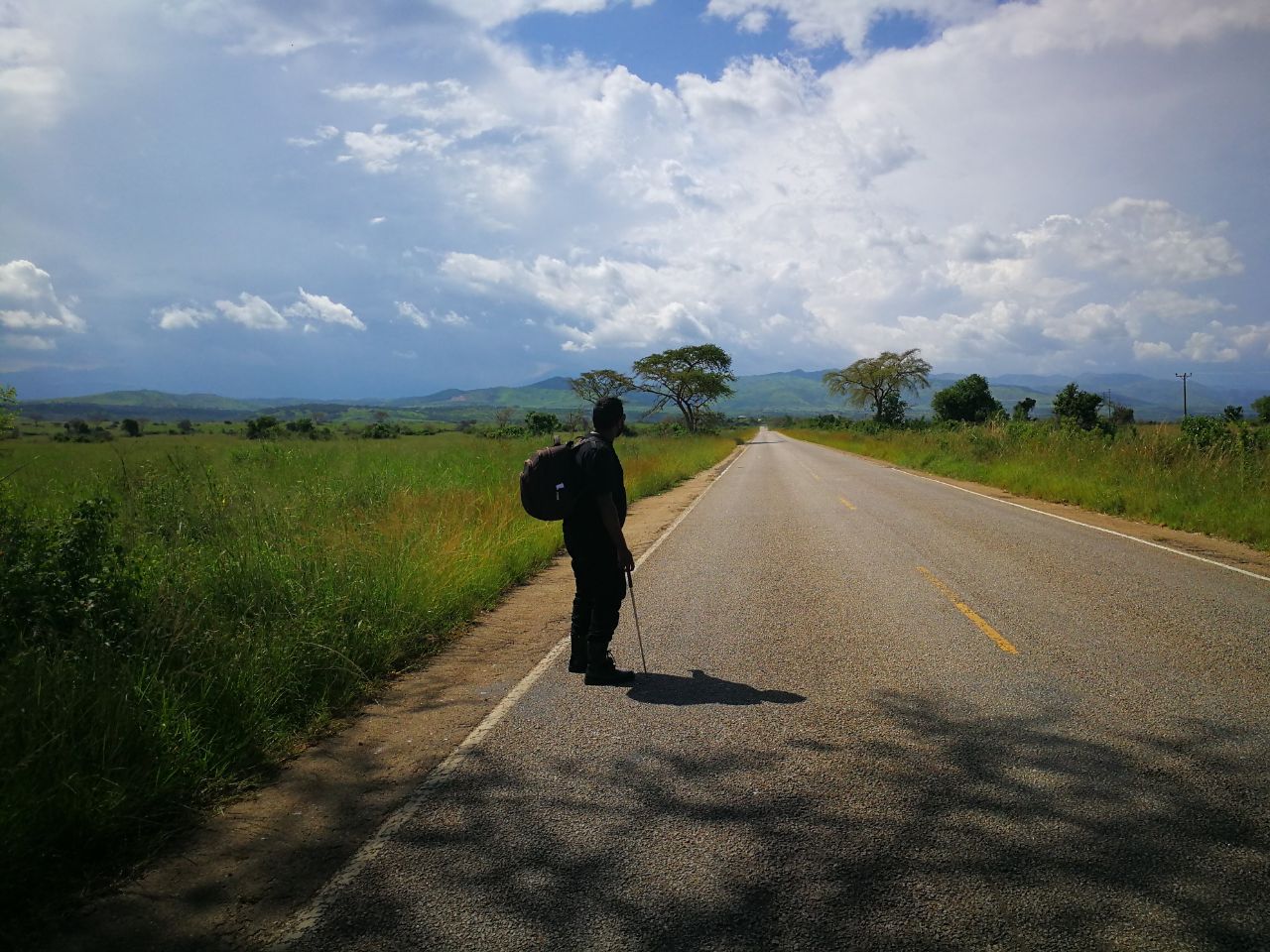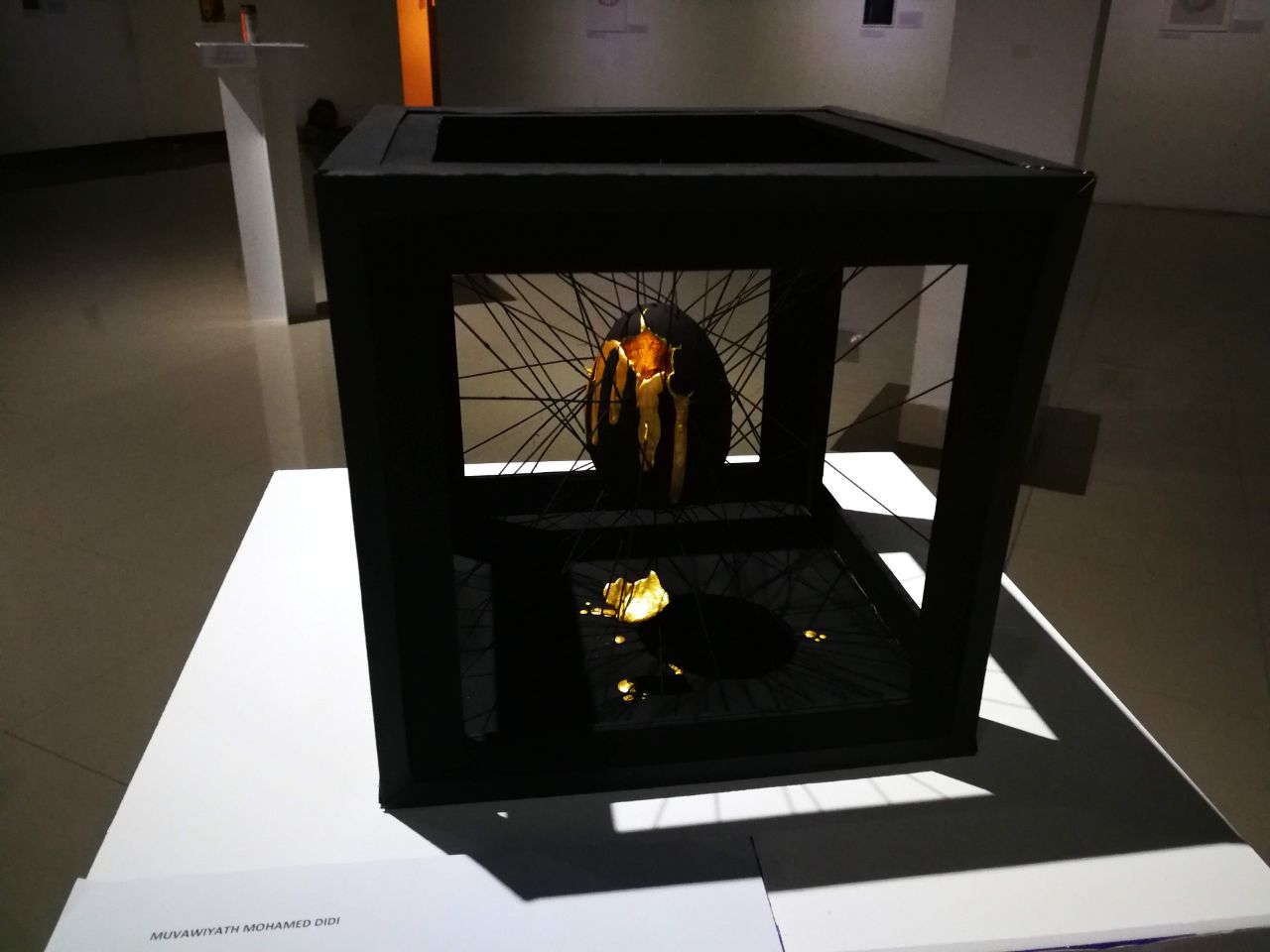From the wheelchair to the motorbike: the birth of an advocate

Muawiyath was born with cerebral palsy -- a permanent neurological disorder typically characterized by stiff or weak muscles, tremors, issues with coordination, sensation as well as the audiovisual spectrum, and difficulty with speaking and swallowing.
When he was born, Muawiyath’s doctors informed his parents that he will have limited mobility, and likely limited intellectual capacity. They were advised to not have any expectations that he would be able to walk properly or pass any more than three of his O Levels.
As a child, Muawiyath knew he was “sick” but that was the extent of his knowledge about his condition.
“My parents didn’t explain my condition to me. They didn’t know really know themselves what my condition entailed. They didn’t know how ‘fix’ me.”
As a result, Muawiyath felt that he was being pushed into things that he did not understand. And while he did not, at the time, understand that his condition had a name, what he did perceive and understand was that the other kids his age that he had met were not like him.

In order to get therapy and training to better live with some of the difficulties that he was experiencing due to his cerebral palsy, he lived for some time in India. He underwent all manner of treatment from physiotherapy to surgeries.
The majority of his childhood was spent in intensive training to help him cope with what are regarded as simple daily tasks. He now feels that the pain he experienced (both from the condition itself, and the treatments) helped develop his brain. He spoke of the night he took his first step.
“I was maybe 10 or 11 years old. I woke up feeling thirsty, but didn’t have any water by my bedside. Even though I was in an ‘exoskeleton’, and the effort was massively painful, I needed to get water. There were steps that I had to get down, and I fell down them. When I fell down, my exoskeleton broke. But I made it, and that was the first time I walked.”
Before this incident, he had no feeling or sensation in his left leg. That night was the first time he was able to feel anything in the leg, and the first thing he felt was a cold sensation.
He attributes the success he achieved that night, and during the many years that followed, to his rejection of the limits and boundaries set for him by other people. That is, limitations that his doctors and parents believed he will inevitably be restricted by.
He believes that these same limitations bind children and people with disabilities to lifestyles prescribed by other people, which often leaves them on the fringes of society, unable to fully participate.
“We are pushed aside and hidden away. They intend to protect us by doing this, but in reality, it does the opposite. Doctors said I won’t be able to pass in studies, that I wasn’t going to have a career, that I will have problems with mobility, they weren’t sure I’d walk or even live. I was told I may maybe get 3 O Level passes, but I got all 8, went to college, and got my Bachelor’s degree.”
His doctors believed that he would always have limited mobility and balance. Once he took his first step, and started to become independent of his wheelchair, they did think that he may be able to walk on the pavement on the street at the most. They never dreamed that he would be a licensed motorcycle driver.

Muawiyath was extremely determined as a child; unable to accept the limits set for him, pushing himself beyond what everyone believed was his capacity, and ultimately achieving a level of independence akin to anybody living without a neurological disability.
While he himself liked to break rules and boundaries in order to drive himself forward and always took the initiative for himself, he came to realize that this was not the case for others in similar circumstances. This realization was the first major step to him becoming an advocate for PWDs (persons with disabilities).
The second notable step that came about due to an art installation he worked on called "Hands". The installation was an abstract piece to do with self-expression. He used the metaphor of a golden egg that was golden on the inside, but covered in what looked like grime on the outside, suspended by strings.
“The egg is me. The strings represent the challenges I overcame: the pressure, the limitations. It has got 58 strings to be precise. 58 challenges that I overcame.”

This highly conceptual piece required Muawiyath’s interaction with the audience. He mingled with them, explaining the process and the concept to multiple people. He spoke for 30 minutes to a mesmerized audience. He was able to express a part of himself to an audience who had no first-hand experience of any such circumstance using his installation as a medium of communication.
During this process, he discovered that he had a talent for communicating complex issues to the mainstream public, and that he greatly enjoyed doing this. He then thought about how he could apply this talent to communicating the realities of being disabled to the abled.
He also believes that he can empower PWDs through education; education of how they do not have to adhere to limits set for them; how they can discover their own capacity by pushing themselves; how to advocate for themselves; how to live richer and fuller life by doing so. He realised that he could help both groups of people by becoming an advocate.
“When I expressed myself through the art installation, and then communicated with people about it, they were able to understand this new idea, and relate to it. This made me think I should go into advocacy."
He feels that the culture surrounding disability in the Maldives has definitely changed for the better. He believes that the work his does help dispel the stigma surrounding disability. But he also stressed on how much work there needs to be done, and that is what he is aiming to do with his advocacy work.



Leave a comment
0 Comments